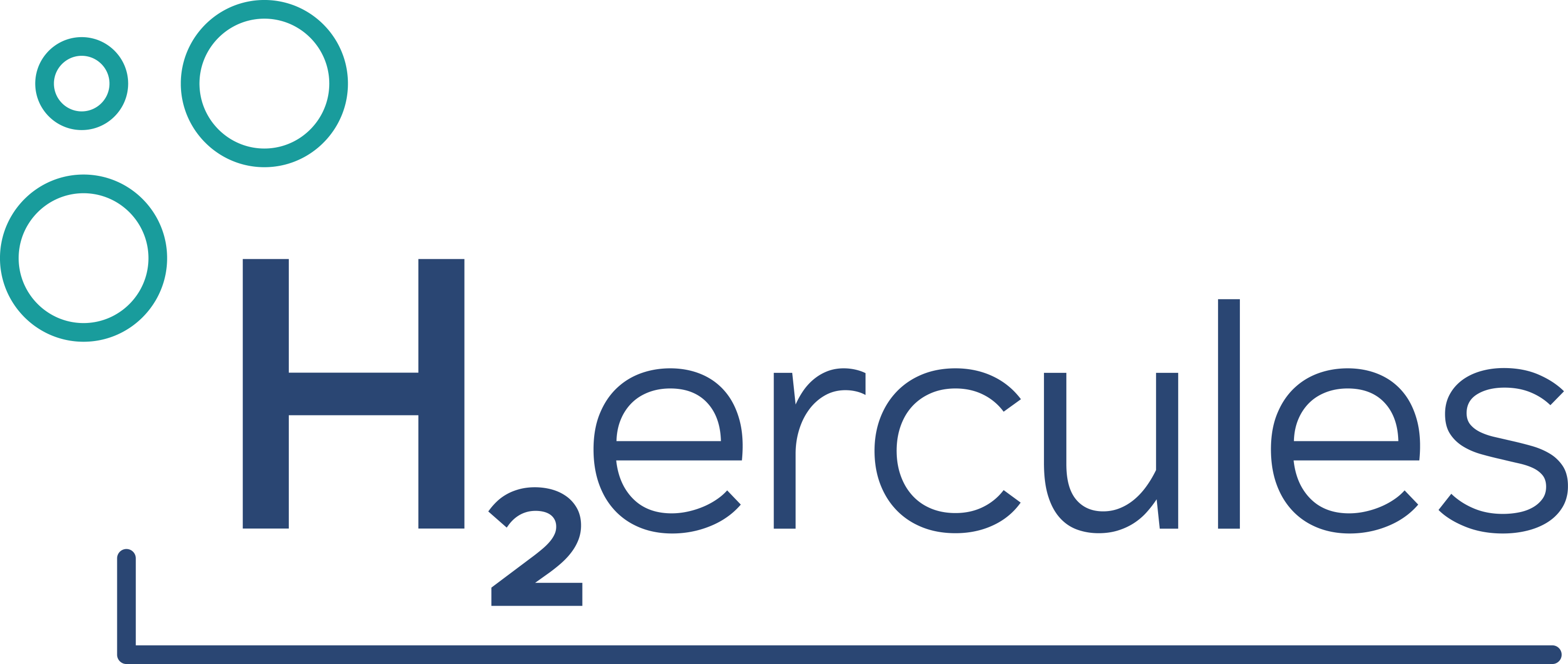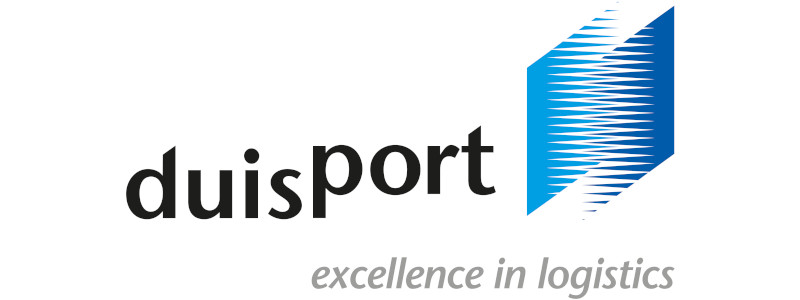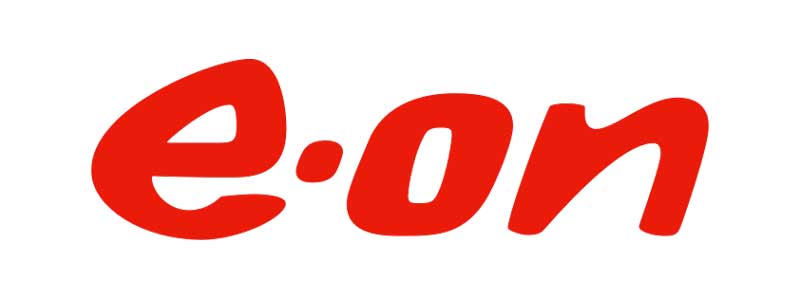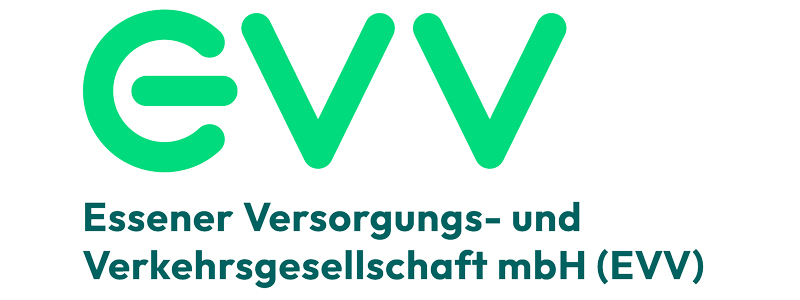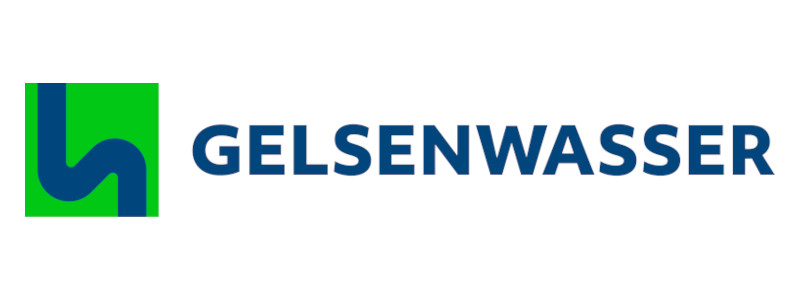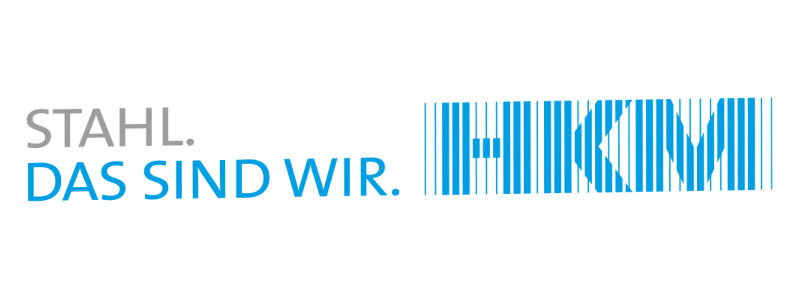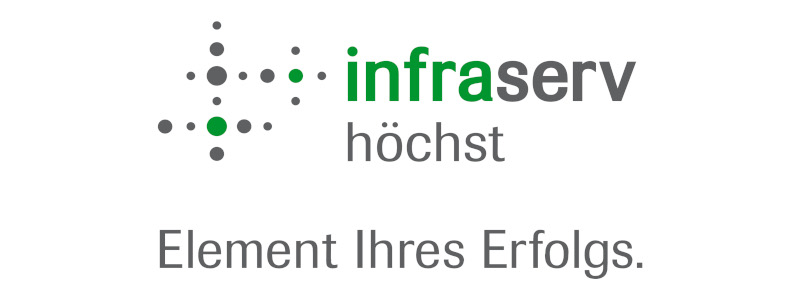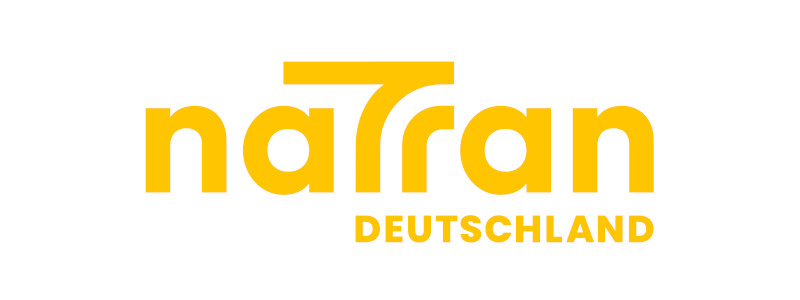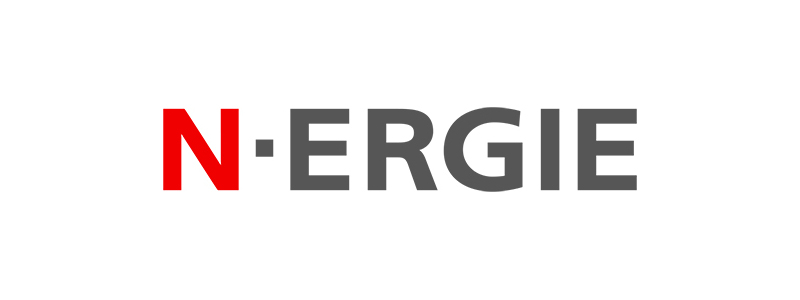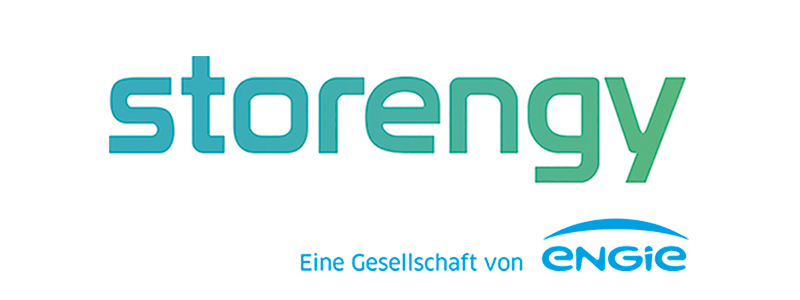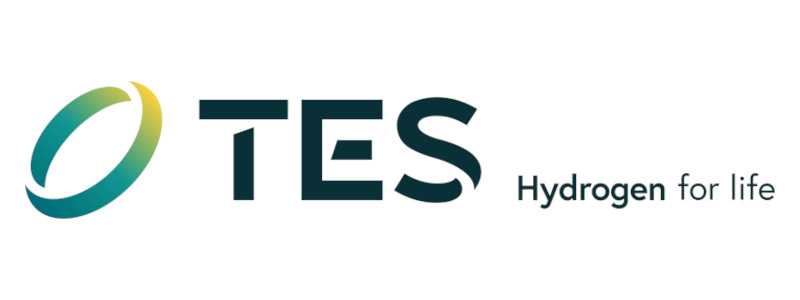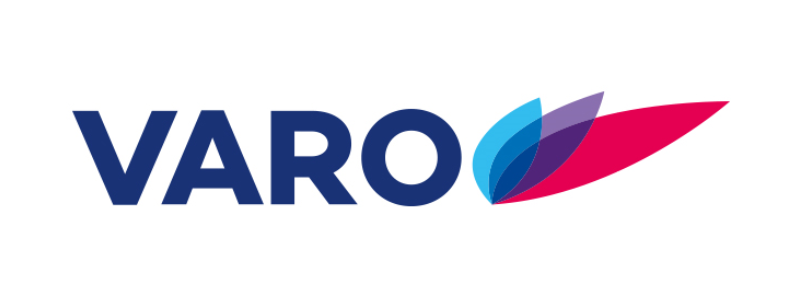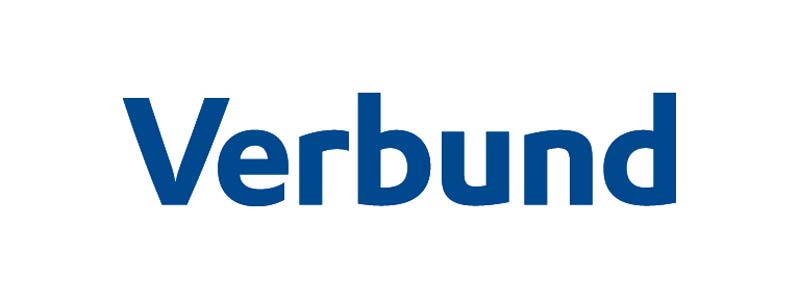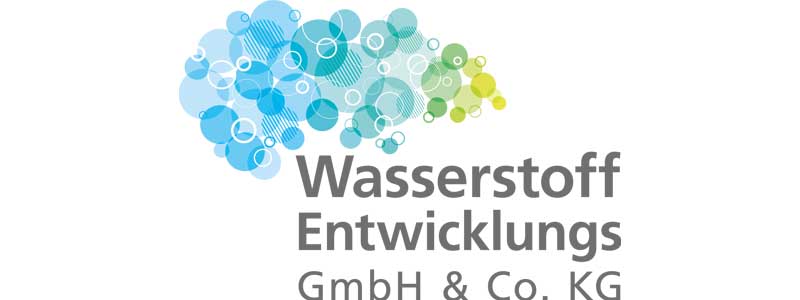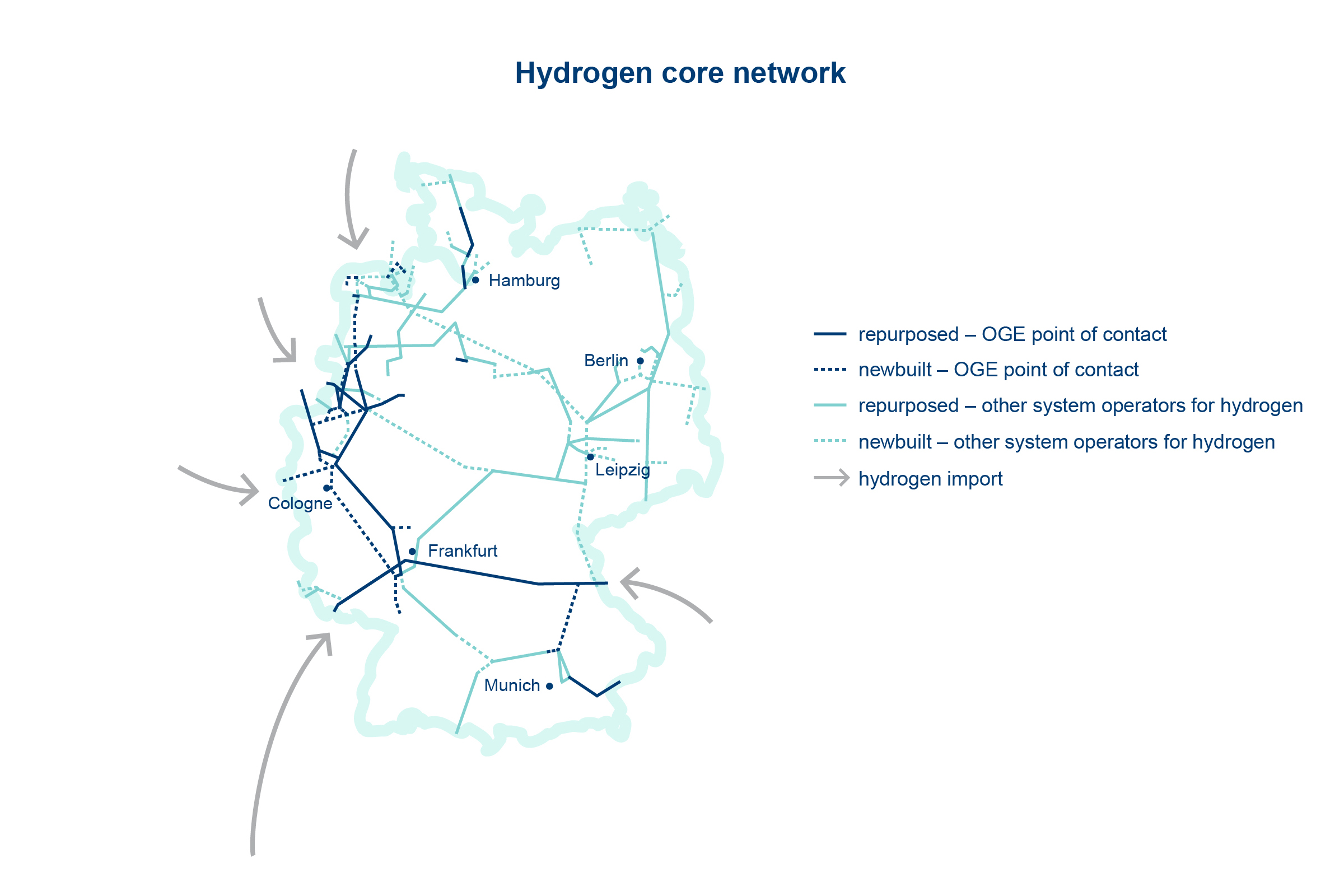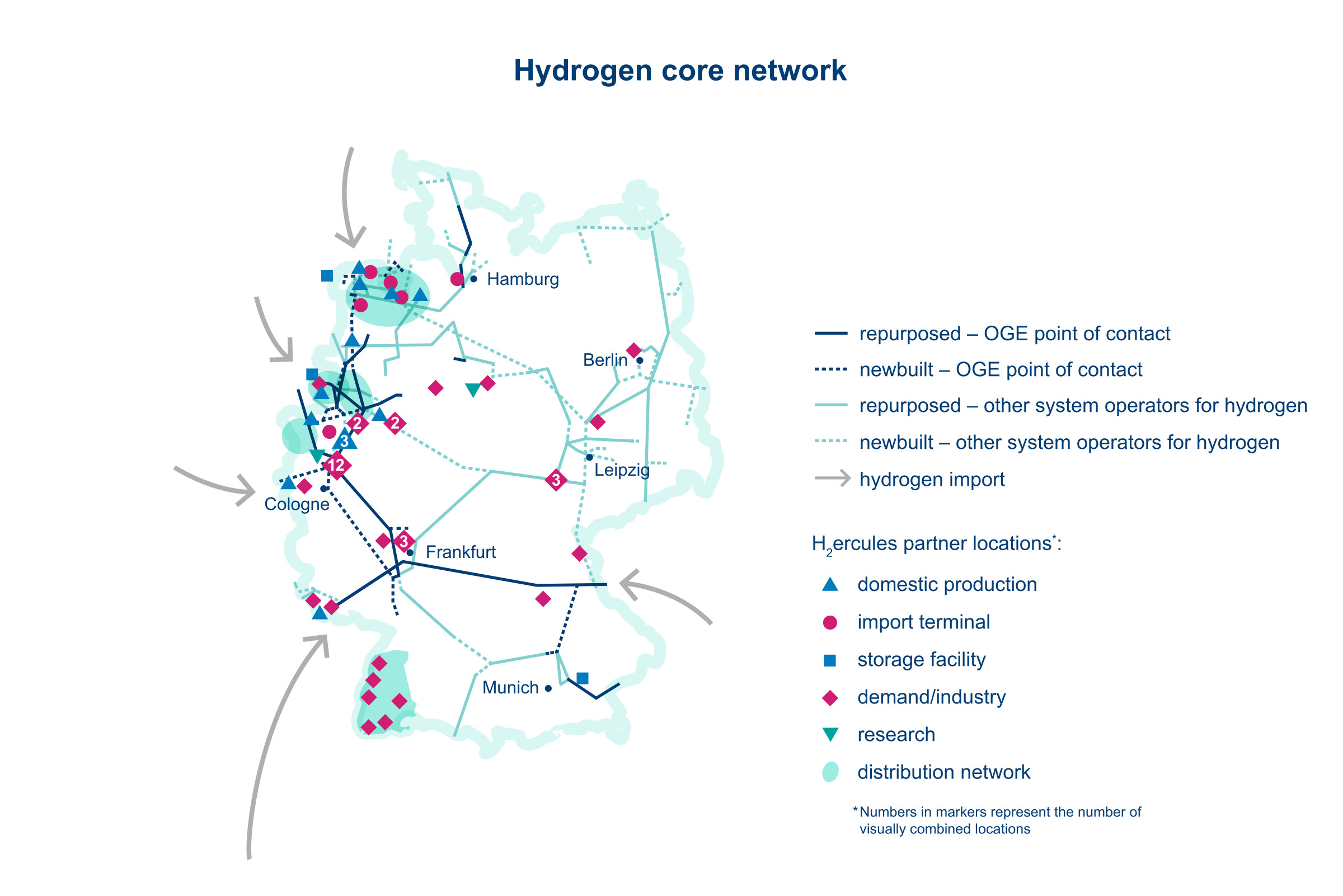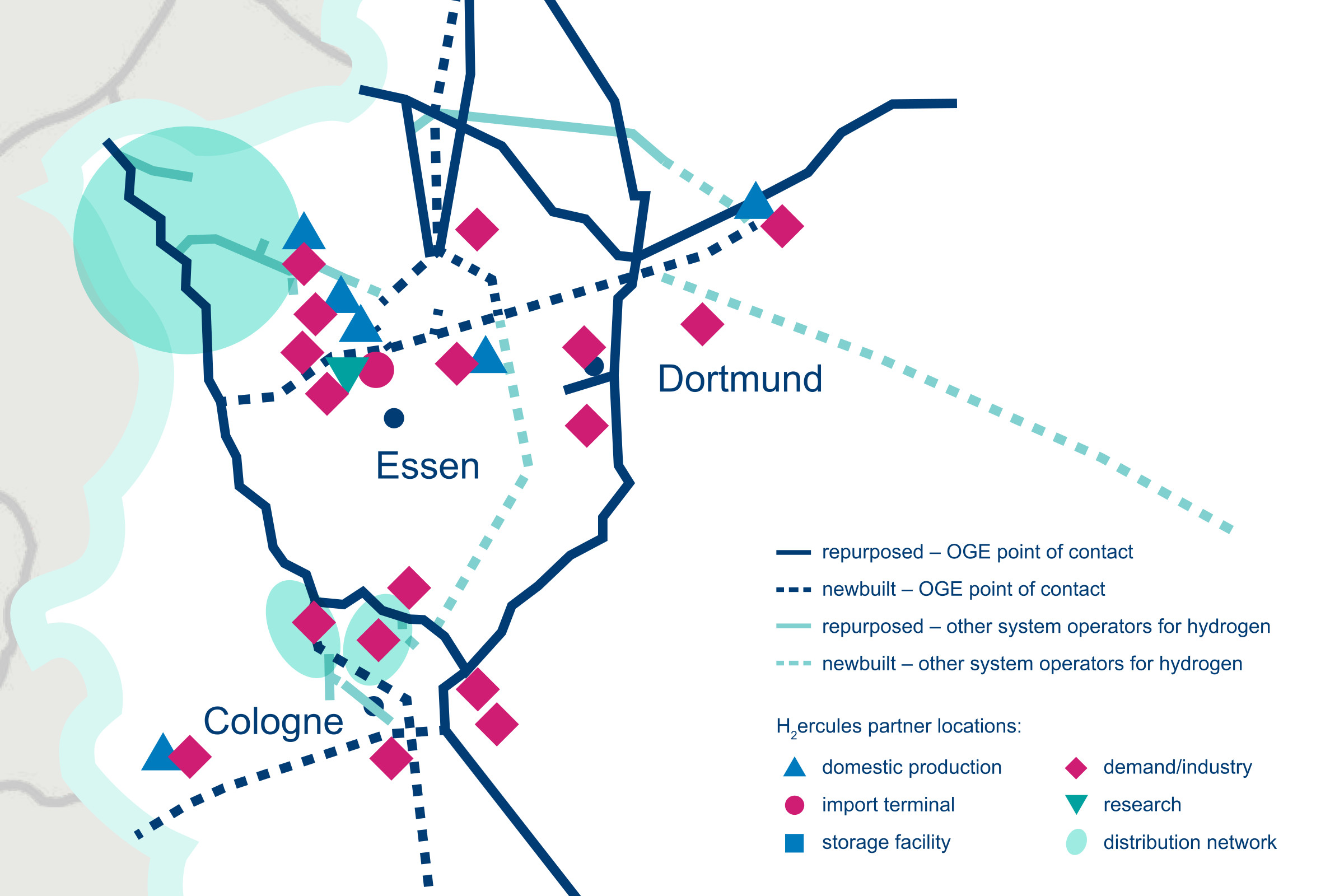Working together towards a common goal: making hydrogen accessible to everyone
The H2ercules initiative aims to get hydrogen up and running in Germany as quickly as possible. Companies from all stages of the hydrogen value chain are working on this goal. With over 30 partner companies, the initiative extends far beyond its original initiators, RWE and OGE. Together with other partners, the members want to lay the infrastructure foundations for the future of the hydrogen economy in Germany and contribute to the debate on the regulatory and financial framework conditions.
The H2ercules network
To make hydrogen accessible to everyone, a robust and extensive hydrogen network is needed. As part of the H2ercules initiative, the H2ercules network (PCI status) will create a long-distance pipeline network by 2032 to transport hydrogen from hydrogen production sites in north-western Germany to industrial consumers in western and southern Germany. This will give all industrial companies along the H2ercules network – not just the partner companies – access to hydrogen and enable them to convert their processes to hydrogen. In addition, important connections to other parts of the German core network and to the European Hydrogen Backbone will be created, making an important contribution to the security of supply for industry in Germany.
-
1. H2 production (electrolysis)
Green hydrogen is generated in electrolysers that split water molecules (H2O) into hydrogen (H2) and oxygen (O) using electricity from renewable sources.
RWE is planning to build large-scale electrolysis capacities. Most of this will be built in Emsland, the Ruhr district, the Rhenish region, and in the northern part of the Netherlands.
However, the capacities planned to date will also allow other hydrogen suppliers along the H2ercules network and the wider core network to be connected. The focus will be on northern Germany.
-
H2 import options
Since German hydrogen production cannot meet the expected demand, additional hydrogen must be transported to Germany via import corridors and fed into the German hydrogen network. As part of the H2ercules initiative, the partners have already planned corresponding import points.
To diversify import routes, projects are being developed in all directions: Large quantities of hydrogen will be produced in particularly suitable regions and made available to the German market. In future, imports can be easily connected via ports in Lower Saxony or via pipelines from neighbouring countries. The connection of further H2 import routes (in particular via ammonia) and the direct feed-in of green molecules (offshore-to-X) is also possible.
The German federal government has published an import strategy regarding hydrogen which you can find here.
-
H2 transport
Hydrogen has the major advantage that it can be transported easily over long distances. The H2 core network is therefore an essential component of Germany's future hydrogen infrastructure. It connects central electrolysers, import points and hydrogen storage facilities with major industrial centres and power plants, thus forming the basis for a comprehensive network expansion. A large part of the H2 core network will consist of converted natural gas pipelines, supplemented by newly constructed H2 pipelines.
The H2ercules pipelines are an integral part of this core network. In conjunction with hydrogen storage facilities, they will make a significant contribution to seasonally independent energy supply in the future. This is because hydrogen storage facilities enable a significantly longer bridging period than electricity storage facilities.
With the construction of the H2 core network, OGE and the other transmission system operators are laying the foundation for a reliable and sustainable energy supply in the hydrogen age.
-
H2 Storage
Hydrogen makes it possible to store renewables for the long term and in large volumes. It thus makes a significant contribution towards security of supply in Germany. Security of supply as well as a balanced delivery of H2 enable industrial customers to take the decision of converting their processes to hydrogen.
This is because hydrogen production follows the fluctuating electricity generation from wind and solar plants. Only in combination with hydrogen storage facilities it will be possible to meet consumer demand in a structured manner – largely independent of weather-related fluctuations in hydrogen production. This will enable industrial companies to convert continuously running processes to hydrogen.
There are various cavern storage facilities in the immediate vicinity of the H2ercules project that can be connected to the grid. Together, they offer an energy storage capacity of more than 20 TWh (extrapolated on the basis of existing plants).
In the second half of the 2020s, RWE plans to commission a commercial hydrogen storage facility in Gronau-Epe. The project is part of the GET H2 IPCEI (Important Project of Common European Interest).
-
H2 consumption
Hydrogen will become a key component in industrial processes – in the generation of process heat and as a raw material in production. Decarbonising these sectors will require significant amounts of climate-friendly hydrogen. The use of green or low-carbon hydrogen can reduce CO2 emissions and thus secure industrial value creation in Germany. Hydrogen is indispensable, especially in energy-intensive industries such as steel and chemicals, where it is needed as an energy carrier and an important raw material for numerous production processes. In addition, hydrogen will play an essential role in power plants, both in existing gas-fired power plants that are still to be converted and in the construction of new hydrogen-compatible ‘H2-ready’ gas-fired power plants.
Our initiative also includes partners from industry who are working together to achieve these goals. The major industrial centres include, for example, the Ruhr area, the Frankfurt area, the Rhine-Neckar metropolitan region and the consumption centres in northern Bavaria around Nuremberg.
